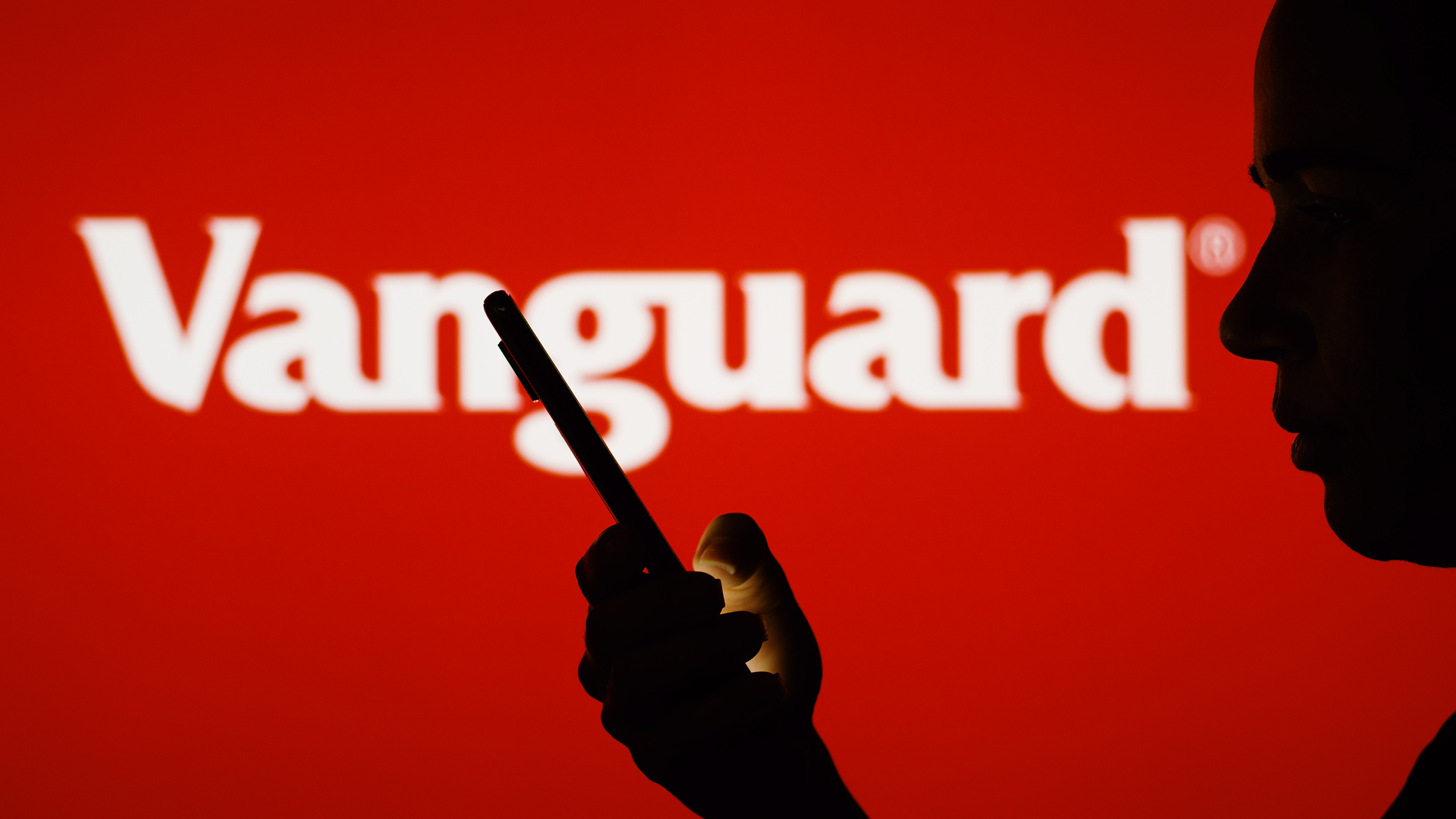Vanguard Bets ETF Buyers Willing to Pay Extra for Active
A set of Vanguard funds subadvised by Wellington will mark the first active stock-picking ETFs in the company’s fleet.

Sign up for exclusive news and analysis of the rapidly evolving ETF landscape.
The company synonymous with passive investing, Vanguard, is taking a big step in the active ETF market.
The index investing giant filed with the Securities and Exchange Commission on Monday for approval of a trio of exchange-traded funds subadvised by Wellington Management. The products would be distinct from mutual funds in Vanguard’s line, but the strategies are similar. While the company has a range of active ETFs that follow rules-based investing, the forthcoming Wellington funds would be Vanguard’s first active ETFs run by stockpickers.
“Vanguard is a little late to the game when it comes to active ETFs (with human stock pickers). Fidelity, T. Rowe, American Funds … They’ve all moved in this direction already,” said Jeff DeMaso, editor of The Independent Vanguard Advisor. “What is a little surprising is that Vanguard launched these funds when it seems likely the SEC will grant approval for dual mutual fund-ETF share classes for active funds.”
Cost Isn’t Everything
Vanguard built its business on its low-cost approach to owning the market rather than trying to pick a handful of winning stocks. Of course, it has also become a big presence in active management, and its existing lineup of active ETFs is growing quickly, currently representing about $15 billion in assets, per Morningstar. The forthcoming ETFs, which could launch in the fourth quarter of 2025, are the Vanguard Wellington Dividend Growth Active (VDIG), US Growth Active (VUSG) and US Value Active (VUSV) ETFs.
Fees for the ETFs vary from comparable Vanguard mutual funds, DeMaso noted:
- The Dividend Growth ETF will charge 40 basis points, compared with 22 for Investor shares of the corresponding mutual fund.
- The US Growth ETF will charge 35 bps, compared with 32 bps for Investor shares and 22 bps for Admiral shares.
- The US Value ETF will charge 30 bps, compared with 36 bps for Investor shares and 26 bps for Admiral shares.
The Ship Hasn’t Sailed, Yet. While the ETFs aren’t necessarily cheaper than similar mutual funds, as is especially the case with VDIG, “taxable investors will still probably prefer the ETF due to the (expected) lack of capital gain distributions,” DeMaso said.











